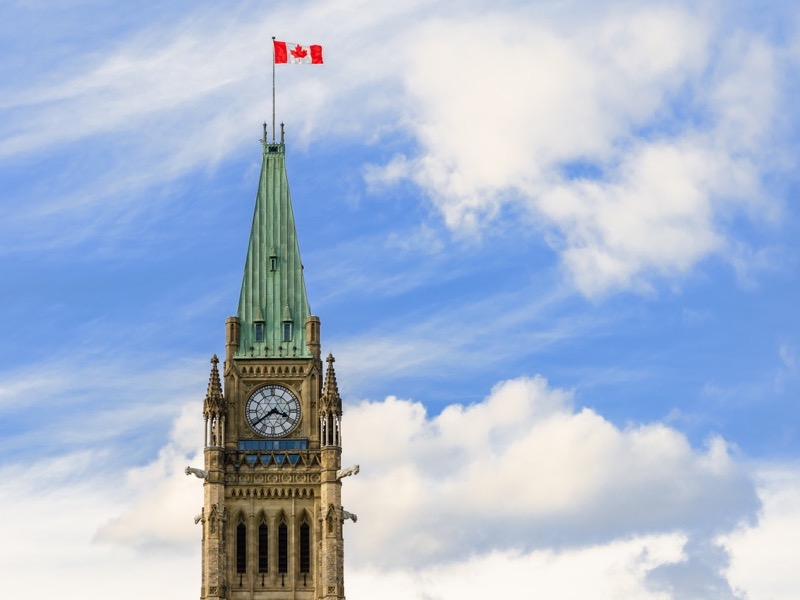
The federal government will make it easier to qualify for the disability tax credit (DTC) by expanding eligibility in the areas of mental functions and life-sustaining therapy.
The proposed changes were outlined in the budget released on Monday.
The DTC is a non-refundable tax credit intended to recognize the effect of disability-related costs on the ability to pay tax. For 2021, the value of the DTC is $1,299. A valid DTC certificate is required to access a variety of tax-related programs and benefits, such as the Registered Disability Savings Plan, the Child Disability Benefit and the disability supplement to the Canada Workers Benefit.
To be eligible for the DTC, an individual must have a certificate confirming they have a severe and prolonged impairment in physical or mental functions that restricts their ability to perform basic activities.
Mental functions of everyday life
For the purposes of the DTC, the Income Tax Act recognizes basic activities of daily living, including the mental functions necessary for everyday life.
Under current rules, the mental functions necessary for everyday life include memory; adaptive functioning; and problem-solving, goal-setting and judgment.
In Budget 2021, the government proposed expanding that list to also include attention, concentration, perception of reality, regulation of behaviour and emotions, and verbal and non-verbal comprehension. The expanded list is “to ensure that the eligibility criteria for the DTC better articulate the range of mental functions necessary for everyday life,” the government indicated.
The government’s proposal is “a big change and a positive one for many families,” said Jamie Golombek, managing director of tax and estate planning with CIBC Private Wealth Management. The definition of mental functions necessary for everyday life under the current legislation is “very limited,” he said.
Life-sustaining therapy
Extensive life-sustaining therapy is defined as essential to sustain a vital function and required to be administered at least three times each week for an average of not less than 14 hours per week. These requirements are intended to allow individuals to qualify for the DTC where they are undergoing therapies that have a significant impact on everyday living.
Under the current rules, time spent on activities related to dietary or exercise restrictions or regimes, travel time, medical appointments, shopping for medication and recuperation after therapy can’t be included in the time spent calculation.
The government said Monday that these rules “can result in important components of therapy being excluded from the calculation of therapy time.”
“For example, the determination of the appropriate dosage of medicine for treating diabetes in individuals who are insulin-dependent may require precise recording of dietary intake,” it said.
The government proposed to allow the following to be considered part of the therapy:
- reasonable time spent determining dietary intake and/or physical exertion when determining the dosage of medication that must be adjusted on a daily basis;
- medical appointments to receive therapy or to determine the daily dosage of medication; and
- medically required recuperation after therapy.
When therapy “requires the daily consumption of a medical food or medical formula to limit intake of a particular compound to levels required for the proper development or functioning of the body,” the government proposed allowing reasonable time spent determining the amount of the compound can also be considered part of the therapy.
When an individual is incapable of performing their therapy on their own, the budget said the time required by another person to assist the individual in performing and supervising the therapy would be allowed to be counted.
The government further proposed reducing the requirement that therapy be administered at least three times each week to two times, though the 14 hours per week standard won’t change.
The proposed changes would apply beginning in the 2021 tax year. The government estimated that an additional 45,000 people would qualify for the DTC each under the measures, and that the changes would cost $376 million over five years.
The government said it will undertake a review of these changes in 2023 “to ensure [they] enable applicants to have a fair and proper assessment of their eligibility for the DTC.”